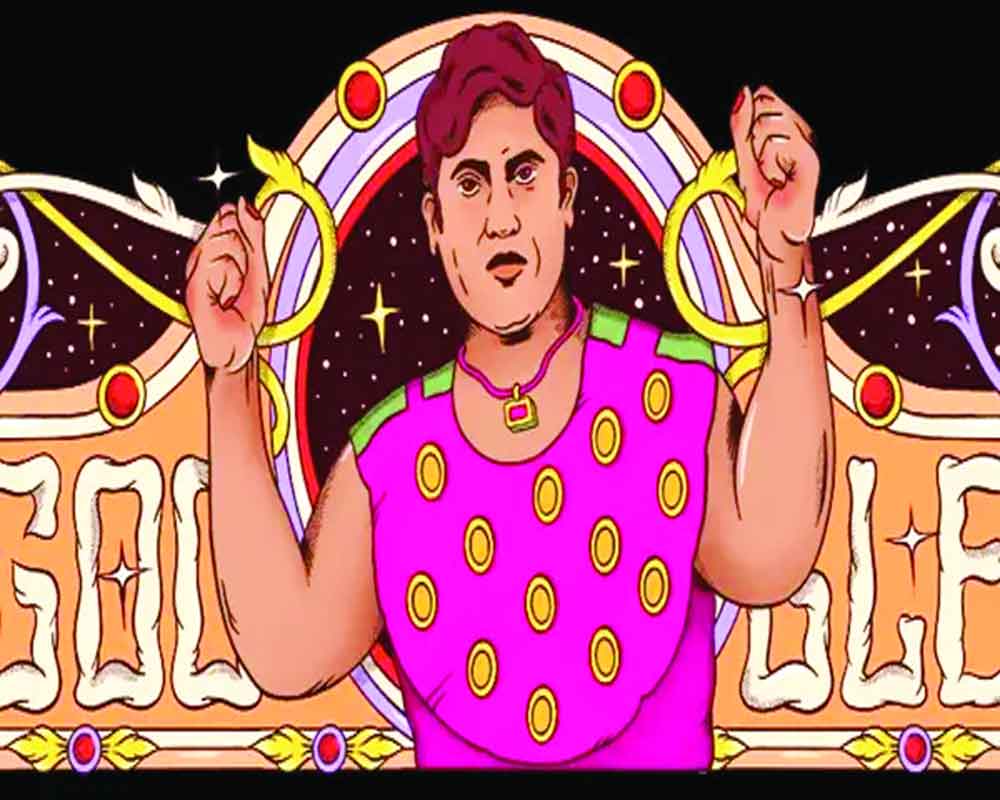Hamida Banu, an "Amazon of Aligarh", whose legacy as a renowned India's first professional woman wrestler transcends the confines of the wrestling ring triumphing in over 300 matches mostly against male wrestlers, was honoured by Google doodle on Saturday with Google celebrating her achievements with online users.
The US tech giant put up a colourful doodle of her image created by an Indian artist Divya Negi on its homepage.
May 4 was chosen by Google as this was a special day in the life of Hamida in 1954 when she faced off against the well-known male wrestler Baba Pahalwan, defeating him in a match lasting just one minute and 34 seconds. As Hamida emerged victorious, Baba Pahalwan deemed fit to retire from the wrestling profession as was declared by him. This victory solidified Hamida's status as a trailblazer in the world of wrestling.
Born into a family of wrestlers in Uttar Pradesh's Aligarh in the early 1900s, she defied societal norms and pursued her passion for wrestling during a time when women's participation in sports, particularly in wrestling, was strongly discouraged in India. Her journey is a testament to her exceptional skill and determination with which she broke the male dominated field.
Throughout her career in the 1940s and 1950s, Hamida competed in over 300 wrestling competitions, astonishingly against both male and female wrestlers. Her prowess in the sport earned her widespread recognition, both nationally and internationally. She even earned the nickname "Amazon of Aligarh" due to her remarkable performances.
Notably, Hamida also competed against Russian woman wrestler Vera Chistilin and emerged victorious in a bout lasting less than two minutes, further showcasing her exceptional talent and skill.
Despite her success in wrestling, Hamida faced challenges, including attempts to dissuade her from pursuing her dreams. Her coach once reportedly beat her severely to prevent her from going to Europe for wrestling competitions, causing injuries that took years to heal.
Hamida's journey, although marked by extraordinary triumphs and accolades, tragically ended in poverty. Despite her groundbreaking achievements as India's first professional woman wrestler, she faced financial struggles in her later years.
After retiring from wrestling, Hamida settled in Kalyan, Maharashtra, where she adopted a son and endeavored to make a living through modest means. Reports indicate that she supported herself by selling milk, renting buildings, and selling snacks. This transition from the limelight of the wrestling arena to a humble existence underscores the harsh realities she faced outside of her sporting career. She breathed her last in 1986.
Despite facing hardships, her legacy as a fearless trailblazer endures, and she continues to be celebrated for her contributions to the world of sports.


























